 ACF Logo
ACF Logo
Entry Category: Faiths and Denominations
 ACF Logo
ACF Logo
African Methodist Episcopal Church
Amish
Anglicans
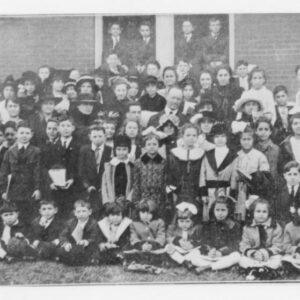 Anshe Emeth Sunday School
Anshe Emeth Sunday School
Assemblies of God
Associate Reformed Presbyterians
Bahá’ís
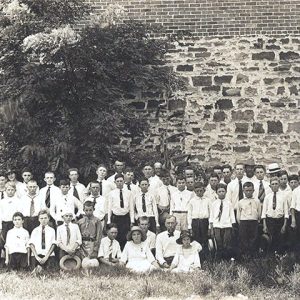 Baptist Convention
Baptist Convention
Baptists
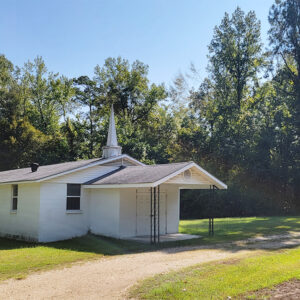 Bethel AME Church
Bethel AME Church
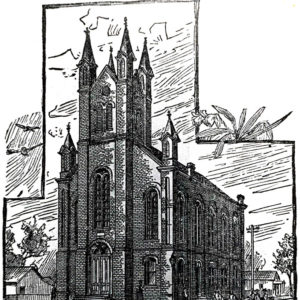 Bethel AME Church, 1870s
Bethel AME Church, 1870s
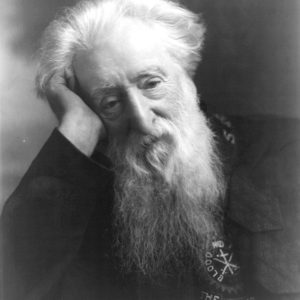 William Booth
William Booth
Buddhists
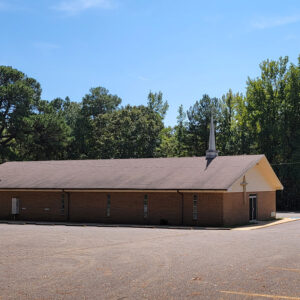 Buena Vista Church
Buena Vista Church
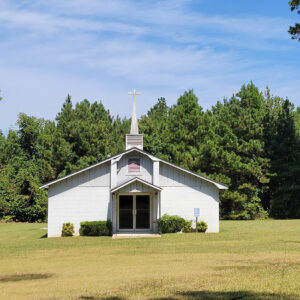 Buena Vista Church
Buena Vista Church
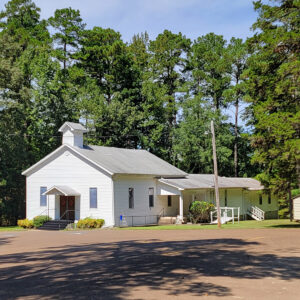 Buena Vista Church
Buena Vista Church
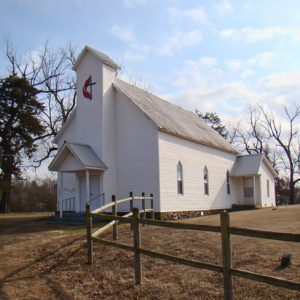 Camp Methodist Church
Camp Methodist Church
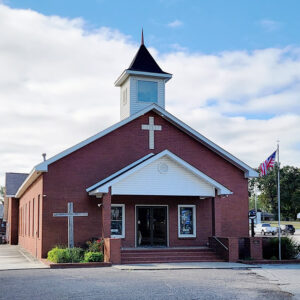 Caulksville Church
Caulksville Church
Christadelphians
Christian Church (Disciples of Christ)
Christian Scientists
aka: Christian Science
aka: Church of Christ, Scientist
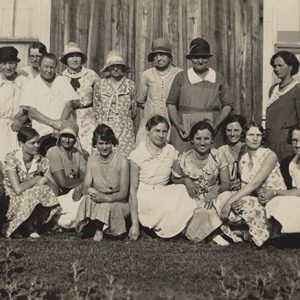 Church Ladies Aid Society
Church Ladies Aid Society
Church of God in Christ (COGIC)
Church of Jesus Christ of Latter-day Saints
aka: Mormons
Church of the Nazarene
Churches of Christ
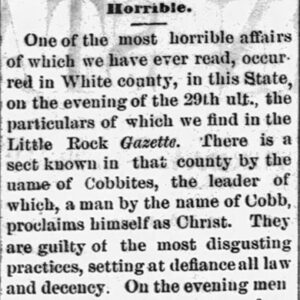 Cobbite Article
Cobbite Article
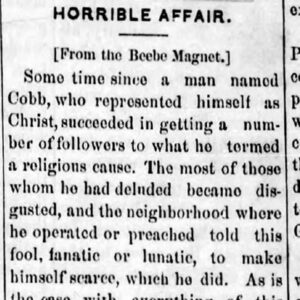 Cobbite Article
Cobbite Article
Cobbites
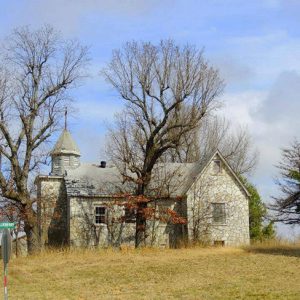 Cord Church
Cord Church
Cowboy Churches
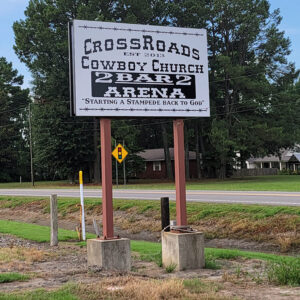 Crossroads Church Sign
Crossroads Church Sign
 Crossroads Cowboy Church
Crossroads Cowboy Church
Cumberland Presbyterians
Ecumenical Catholic Communion (ECC)
Episcopalians
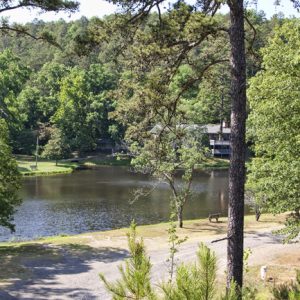 Ferncliff Camp
Ferncliff Camp
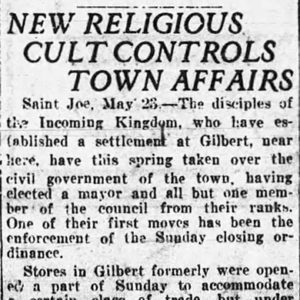 Gilbert Takeover
Gilbert Takeover
Greek Orthodox
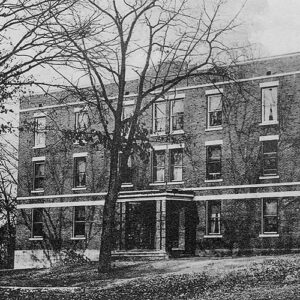 Grove Hall
Grove Hall
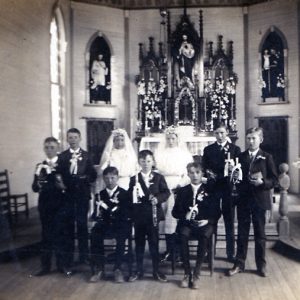 Hartman Catholic Church
Hartman Catholic Church
Hindus
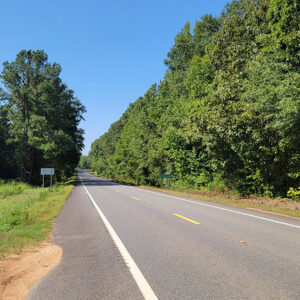 Entering Holly Springs
Entering Holly Springs
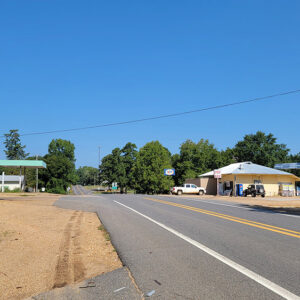 Holly Springs Street Scene
Holly Springs Street Scene
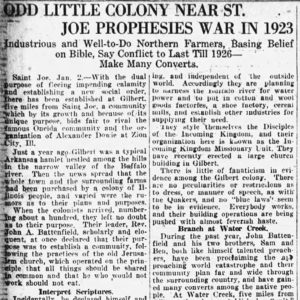 Incoming Kingdom Article
Incoming Kingdom Article




